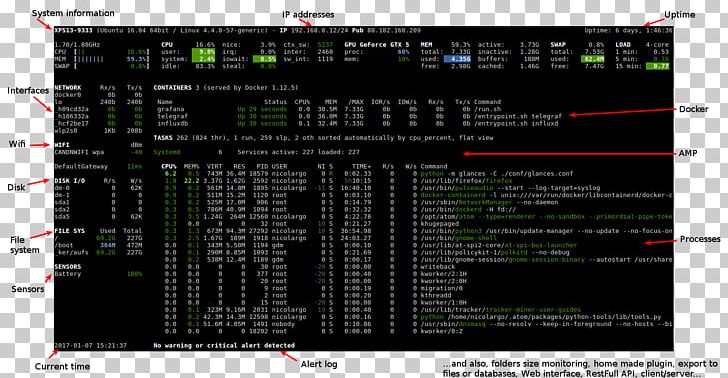

That’s especially true for Linux and macOS systems. That being said, it’s rarely a good idea to use aliases in scripts because it makes the script dependent on having that alias set wherever it runs. It’s much easier to type ls or cgi than Get-ChildItem even with tab completion. If you need to, you can pass in the path as a string and call the ToLower() method on it in your code, but this will only work if the directory name is already in lower case.Īliasing can be a great way to shorten the amount of typing you have to do when running PowerShell from a console. The best practice here is to keep directory names in lowercase, no matter what path you use. One area where you can get into trouble, however, is that Linux and macOS file systems care about capitalization, and will treat directory names in different cases as different directories. This can make for some challenges when scripting in most other languages, but PowerShell 7 will translate either into a directory object and doesn’t really care about the characters used to split the path. Backslash falls back, forward slash falls forward) (If you ever have trouble keeping these two straight, just imagine it tipping over. In the Windows Operating system, the \\ or backslash character is used to note nested directories in a file system, while in Linux and macOS, the / or forward-slash character does it instead and the backslash is used as an escape character. PowerShell 7 went GA in March of last year, and while the cmdlets themselves run on any operating system, there are still some best practices to follow to make sure your PowerShell scripts run smoothly no matter where they are running. To settle that, the PowerShell team announced they were retiring PowerShell 5.1 and that the next version after 6.2 would be PowerShell 7, which would aim to replace Windows PowerShell on Windows Operating systems without sacrificing any compatibility when running on Mac or Linux.

However, that caused some unexpected issues, like having to support compatibility between version 5.1 (Windows PowerShell) and version 6.2 (PowerShell Core), or having the same cmdlets doing slightly different things on different versions of.

One of the biggest contributors to this rise in popularity is that the PowerShell team at Microsoft made it open-source in 2016, introducing PowerShell Core for PowerShell version 6. Since then, PowerShell has grown to become one of the most popular scripting languages. When PowerShell was first released, the goal was to bring powerful scripting tools to Windows, which typically had GUI-based administration at the time.


 0 kommentar(er)
0 kommentar(er)
